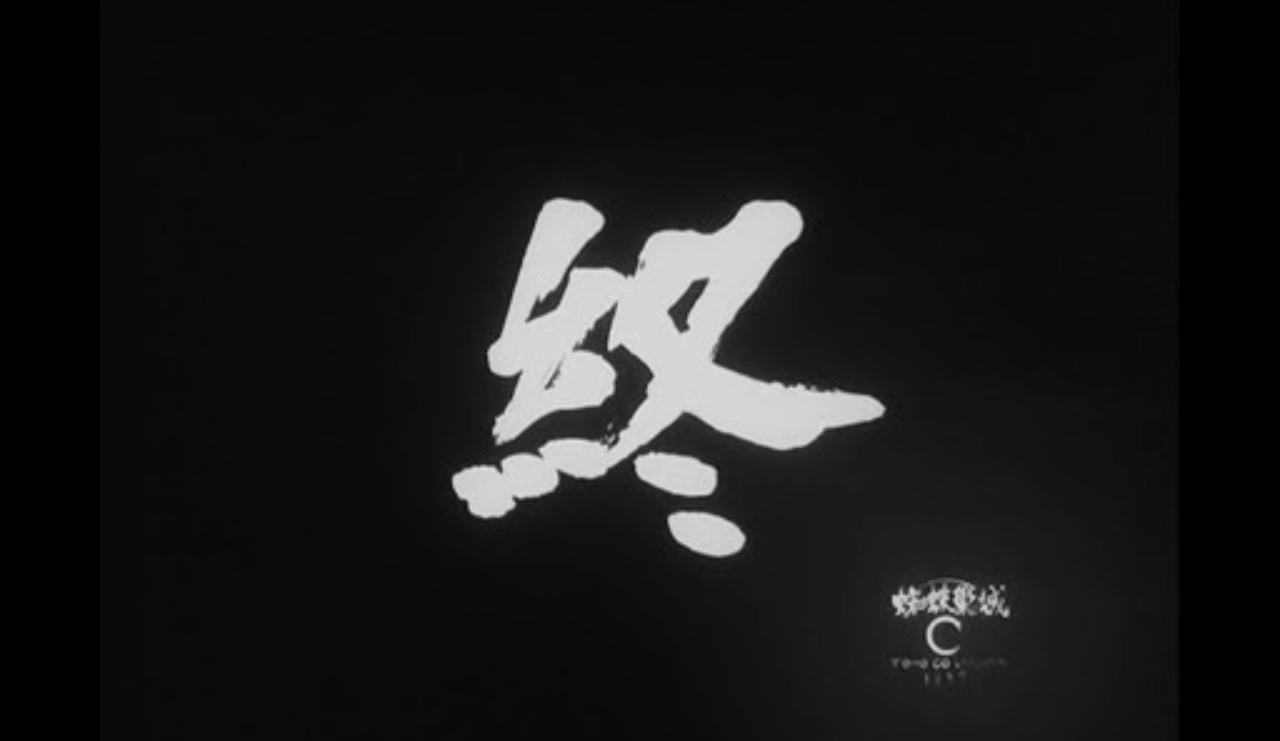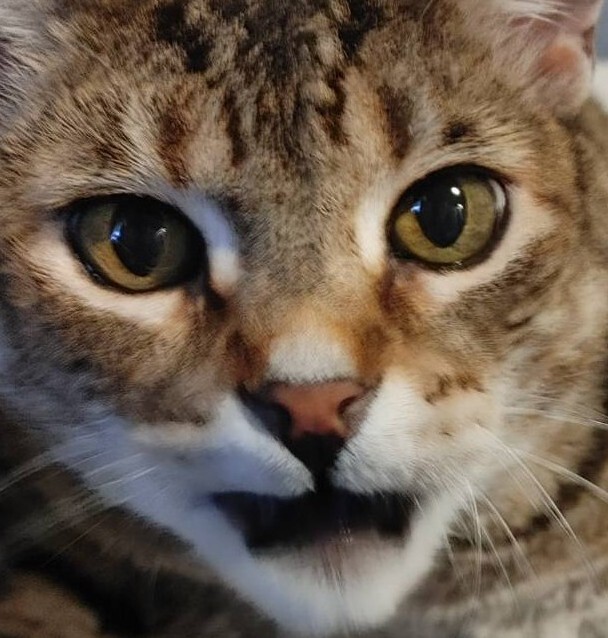The early days of stereo (which is what you’re talking about, the recordings of 70s which aren’t using stereo as an “effect” almost universally have the vocals panned to the center. The old way to take the vocals out of a recording was to adjust how much of the signal present equally on both channels was allowed to be played) were all about two things: backwards compatibility with mono systems and giving people with stereo systems a recognizable effect no matter what goofy system they had.
Wild panning accomplishes both goals.
Studio engineering that used the stereo format to create the illusion of a room or capture the sound of the room the players were playing in wasn’t developed yet and came from the experimental stereo recordings that sound crazy now like silver apples of the moon.
I’d be perfectly fine if everything was just mixed mono. I see little value in stereo. I’m weird like that.
like @zaphod said, its mostly to make it sound wider. in mono, everything sounds like its in the center of your skull. in stereo, some stuff it a few inches from my ear (wherever the drivers are), some stuff can be in my head, some can even be in my throat if that makes sense
In electronic music you often slightly detune the left and right of a synthesizer to make it sound “wide”, you can’t do that in mono and if you mix the stereo down to mono it sounds boring.
It’s fun and interesting all the experimentation that went on back then. As someone deaf in one ear… it’s hard to truly appreciate, but I get it.
Does make it easier to isolate vocals I guess
And instrumentals.
Turns out early audio consoles with stereo didn’t have a pan knob. They had a pan switch. So choices were limited to left, right, or center (mono).
Wasn’t til later that the pan pot was invented allowing incremental panning and true stereo mixing.
That’s wild. But theoretically they could make two separate mono tracks, right? For example, a left mono track with 75% of what would have been an isolated left channel + 25% of the right channel and, similarly, a right mono track with 25% of what would have been an isolated left + 75% of the right. Then, sure, pan switch it fully to left and right.
That’s even more complicated.
Exactly. Plus the common use of mastering at the time was to optimize the recorded audio for printing on a vinyl disc, and if the grooves were too deep or the transitions to Sharp it could cause the needle to skip out of the track.
If your average listener is going to be listening on a mono device then a smart thing to do would be to pan one thing consistently to one side and the other to the other as the mono needle isn’t going to care where it’s getting its vibrations from. That would give you more resolution and more depth for the cut, as long as the final disc was only played in mono.
I’m not saying that’s the case for every recording but I’m pretty sure it has happened quite a few times back then while they were still figuring everything out.
They \just got stereo bakk then igth
This might explain why old players had a mono/stereo setting.
karaoke moment
This would be more early 60’s, mostly because those engineers were working with 2 track stereo which really limits your options. Most artists were recording on at least 8 track stereo by the 70’s.
Exactly. This is a 60s thing, not a 70s thing.
has anyone tried out apple’s ‘spatial audio’ and how it compares to 5.1?
One of the worst abuses of stereo in my opinion are old Beatles albums. Maybe cuz the tech was somewhat new they were playing far too much? Too much for me anyway
What’s interesting is just how different the quality was of some of the stereo releases vs the mono bounces. For an example, the stereo HDCD version of Pet Sounds is a little wack, but even if you joined the two channels to mono it sounds a hundred times better than the shittastic mono release. Got to wonder if they optimized it for AM radio play the way that similarly awful sounding releases in the early 2000s optimized for iPod earbuds.
There’s actually a biological reason for this, believe it or not. Language and music “time share” many characteristics of both hemispheres of the brain. Language and music are processed in different hemispheres.
Read pages 20-26 of the book “How Music Really Works” by Wayne Chase. It breaks it down in detail.
Just put it in mono. Now, how can I fix this infamous autotune trend?
Now, how can I fix this infamous autotune trend?
Instrumental-only music?
Think this is more an artifact of the way vinyl records worked - since audio can be encoded in two channels via the way the needle moves in certain orientations
Urr, I don’t think that’s it. I’m not sure stereo sound for vinyls has ever worked so that something like this would be necessary, and it wouldn’t really make sense – why would they have to put vocals on one channel and instruments on the other?
A stereo vinyl player just has the needle moving up and down in addition to left and right, so that the left-right axis is the sum of the waveforms of both channels and the up-down axis is the difference – which means that a regular mono player can play stereo vinyls












